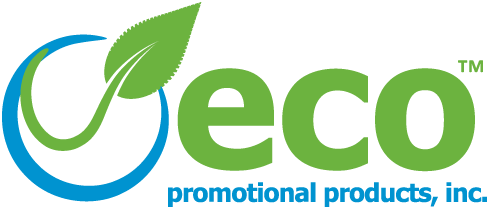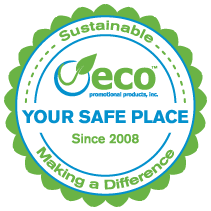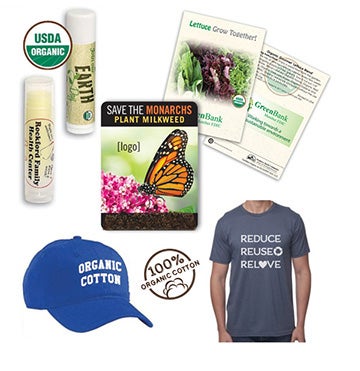How Organic Promotional Products Support Biodiversity
The impact of pesticides on our eco-system is far reaching. Pesticides affect our wildlife, our food and even the clothes we wear. Beyond Pesticides (formerly National Coalition Against the Misuse of Pesticides) defines "wildlife" as any organism that is not domesticated or used in a lab. This includes, but is not limited to, bees, birds, small mammals, fish, other aquatic organisms, and the biota within soil. Wildlife can be impacted by pesticides through their direct or indirect application, such as pesticide drift, secondary poisoning, runoff into local water bodies, or groundwater contamination. It is possible that some animals could be sprayed directly; others consume plants or prey that have been exposed to pesticides.
You can do your part to stay away from pesticides with smart purchasing decisions and maintaining your property without pesticides. Simple backyard planting and gardening changes can help the plight of honeybees, Monarch butterflies and other pollinators vital to our eco-system. Wildflowers will not only help beautify landscape in your home and community, they are also a key food source for bees and Monarchs. Planting wildflowers in your yard will allow bees and Monarchs to better pollinate any fruits or vegetables you are growing and increase crop production. Choose flowering vegetables for your garden. Flowering food plants like peppers, strawberries, squash and pumpkins will attract bees to your garden. By planting these vegetables, you are helping feed the bees and in return they will help your plants grow. In addition to keeping your property pesticide free, support local, organic farmers. These farmers don’t use any pesticides.
What eco-friendly promotional products support biodiversity? In addition to organic promotional seed packets, other certified organic promotional products include organic lip balm and organic cotton apparel. Choosing organic shows your organization’s commitment to biodiversity.
Why is organic cotton apparel so much better for our eco system than traditional cotton? According to aboutorganiccotton.org, organic cotton’s production sustains the health of soils, ecosystems and people by using natural processes rather than artificial inputs. Importantly organic cotton farming does not allow the use of toxic chemicals or GMOs (genetically modified organisms). Instead, it combines tradition, innovation and science to benefit the shared environment and promote a good quality of life for all involved. Promotional apparel items such as organic cotton t-shirts, sweatshirts and hats are not only eco-friendly, they are very fashion forward. Fashion designer Stella McCartney takes sustainability seriously. The brand is vegetarian and does not make any items with leather. Additionally, the brand has have been increasing the amount of certified organic cotton we use in our collections over the years. Today, 61% of the cotton Stella McCartney uses is certified organic.
When you choose organic, you are not only making an investment in yourself, farm workers, wildlife but also the soil, water and air that make up our Earth.






